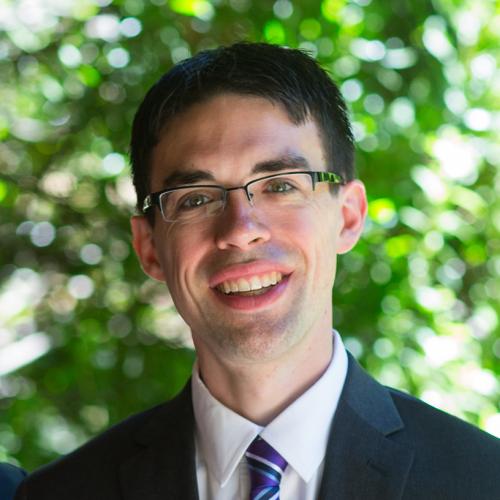Assistant Professor Matthew Turk will present the Whole Tale research project at the 17th annual Scientific Computing with Python conference (SciPy 2018), which will be held July 9-15 in Austin, Texas. The conference brings together participants from industry, academia, and government for tutorials, talks, and developer sprints.
Turk will give the talk, "Sneaking Data into Containers with the Whole Tale," with Kacper Kowalik, a research scientist at the National Center for Supercomputing Applications (NCSA). The goal of the Whole Tale research project is to enable researchers to examine, transform, and then seamlessly republish research data, creating "living articles" that will lead to new discovery by allowing researchers to construct representations and syntheses of data.
"In this talk, we'll describe how the project leverages existing Python projects (Jupyter, PyFilesystem, fusepy, WsgiDAV, Girder, and many others) to bring remote analysis (including code and environment) and data together, providing persistent workspaces while automatically capturing provenance and data lineage to facilitate reproducibility and verifiability—cornerstones of the scholarly process," Turk explained.
In addition to Turk, who is a co-principal investigator on the project, other iSchool faculty affiliated with the Whole Tale include Professor Bertram Ludäscher, principal investigator, and Associate Professor Victoria Stodden, co-principal investigator.
Members of the Turk research group participating in SciPy 2018 who are affiliated with the NCSA include Meagan Lang and Nathan Goldbaum, research scientists; Madicken Munk, postdoctoral research associate; and Nathanael Claussen, an undergraduate in statistics.
Turk holds an assistant professor appointment with the Department of Astronomy and an affiliate appointment at the NCSA. His research is focused on how individuals interact with data and how that data is processed and understood. He earned his PhD in physics from Stanford University, and he completed postdoctoral work at the University of California at San Diego and an NSF fellowship in transformative computational science at Columbia University.
